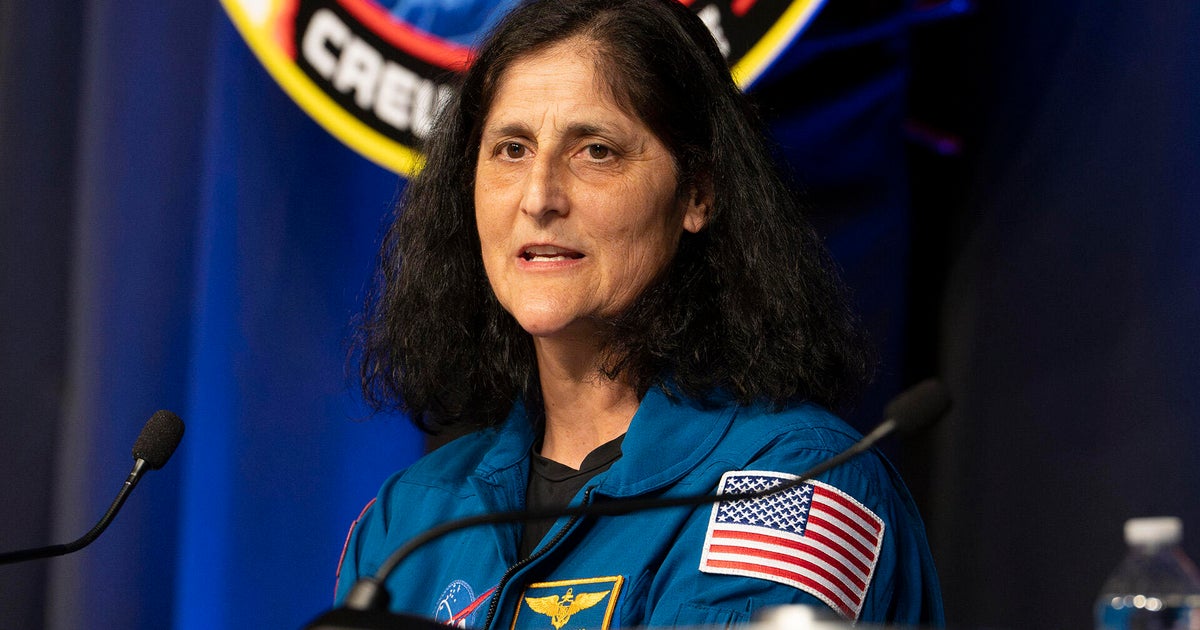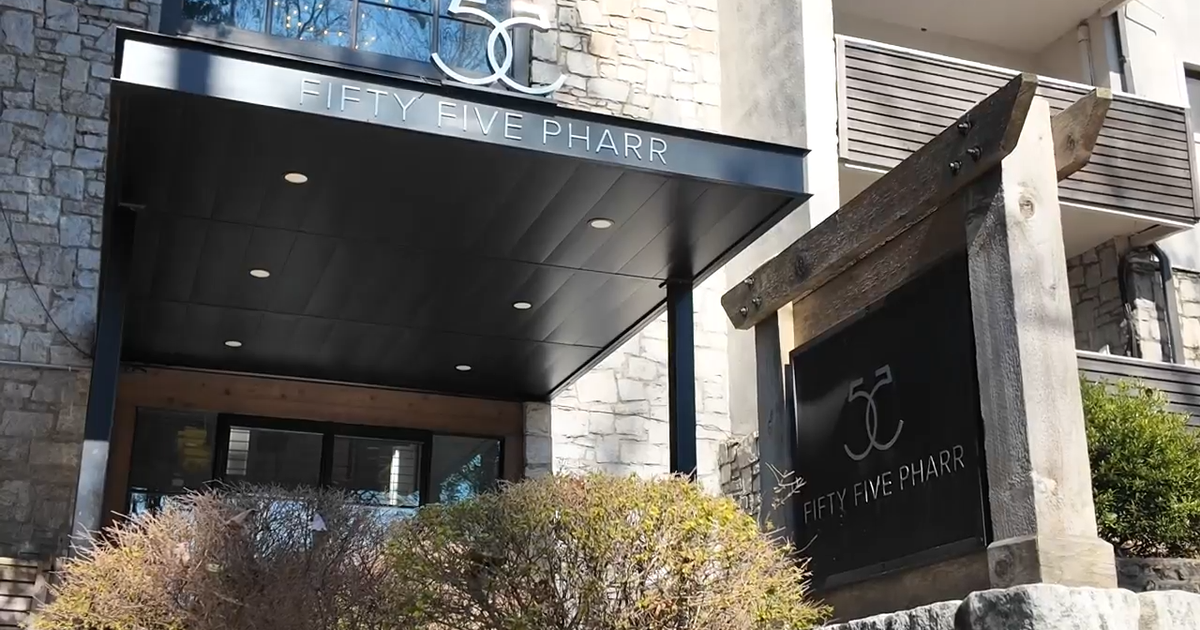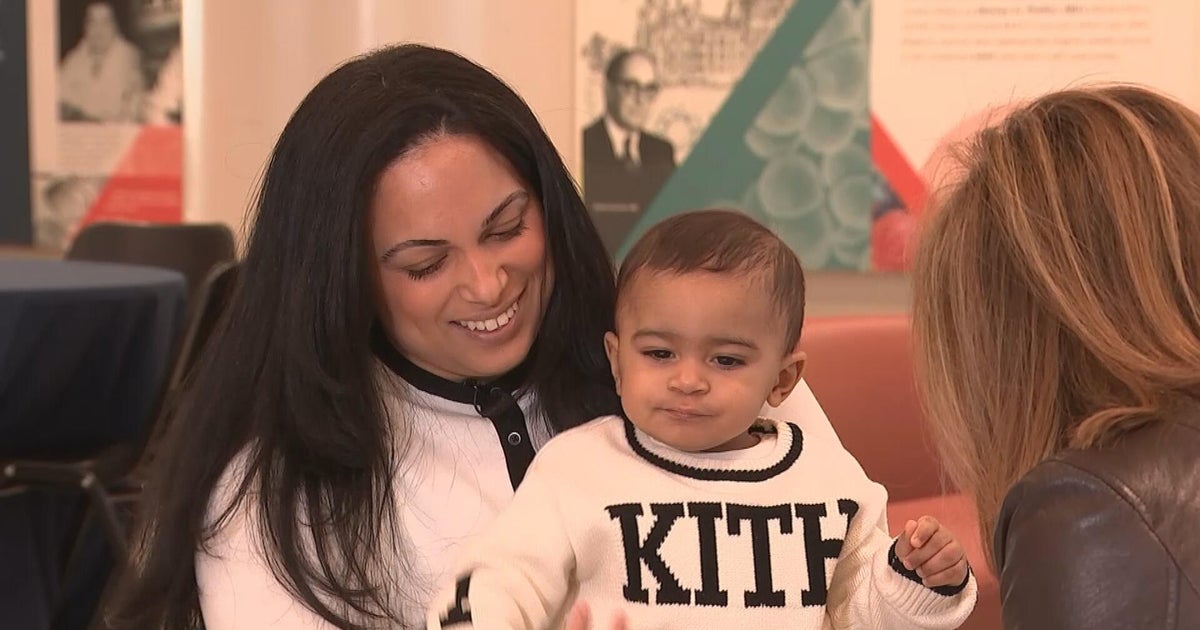Ask A Boston Chef: The Perfect Thanksgiving Turkey
The modern Thanksgiving tradition dates back to 1621, when the Puritans celebrated a successful harvest right here in Massachusetts. In the nearly 400 years since that first celebration, turkey has become the centerpiece of the celebratory meal.
CBS Boston enlisted Chef Will Gilson, who owns the Cambridge restaurant Puritan & Company, and whose ancestors came over on the Mayflower, to explain the art of cooking the perfect Thanksgiving turkey.
Will Gilson, Chef/Owner
Puritan & Company
1166 Cambridge St
Cambridge, MA 02139
(617) 615-6195
www.puritancambridge.com
Being a chef, every Thanksgiving you somehow get conned into making the turkey. Everyone just assumes that you know best, and since there have been so many dry, undercooked, burnt, or flabby turkeys in all of our pasts, I rely on this method to produce a flavorful, moist and perfectly browned turkey:
The turkey: I like heritage breed turkeys from local farmers. The meat always has more flavor and the bird lives a better life than most commercial poultry. The downside is that the turkeys are usually pretty pricey. A better and more affordable bet is to go to your local butcher and ask them to pre-order you a naturally raised turkey.
Brining: A good turkey brine is one that will impart flavor and make the meat moist, not salty. A common misconception is that a brine will make the turkey salty. If a brine is made correctly, the result is that the meat retains water and plumps up, leaving it seasoned throughout. Think about it like when you eat a lot of salty food and you end up bloated, well, brining does the same thing to the turkey (in a good way).
Here is my brine recipe:
You will need a container large enough to hold the turkey and the brine. This recipe is for a 18lb + turkey
- 2 Gallons water
- 2 cups salt
- 1 cup sugar
- 1 bunch rosemary
- 1 bunch thyme
- 3 bay leaves
- 2 lemons, cut into slices
- 6 cloves garlic
- 1 onion, sliced
- 2 tbl black peppercorns
- 2 tbl coriander seeds
Bring all to a boil and then refrigerate until cool. Add turkey to brine and leave for 36 hours.
Cooking the bird: Pre-heat the oven to 450 degrees. I like to use a digital probe thermometer (cost: $20 at most hardware stores) to monitor the cooking process accurately. Remove the turkey from the brine and place on a sheet pan with a roasting rack beneath it, breast side up.
Leave the turkey in the fridge uncovered for 2 hours so the skin can dry. Stuff the cavity of the turkey with fresh herbs, garlic and citrus. Tie the back legs together, tuck the wings under the bird and insert the probe thermometer (if using) into the thickest part of the breast. Melt 2 sticks of butter in 1/2 cup of white wine. Season with salt and pepper and place the turkey in the oven.
Cook at 450 for 30 minutes, then remove from the oven and baste with the butter and wine mixture. Drop the temperature to 350 and cook for 2.5 hours, basting every 30 minutes. Check with a regular thermometer or the display on the probe and see where the turkey is. You are looking to take it to 160 degrees internally. Cook more or remove depending on the temp. Once removed from the oven, allow the turkey to rest covered with a sheet of tin foil for at least 20 min.
Carve and enjoy!
Will Gilson is a Johnson and Wales graduate, and chef/owner of Puritan & Co. Gilson made his name in the Boston area in 2007, when he opened the Garden at the Cellar in Cambridge. He left in 2011 to pursue a series of successful restaurant ventures, including Eat @ Adrian's located on the Cape.
His appreciation for farm fresh produce and the merit of seasonal cooking has led Gilson to be nominated for two James Beard Awards in 2013 - one for "Rising Star Chef" and the other for "Best New Restaurant" for Puritan & Co. Bon Appetit Magazine also named Puritan & Co. one of the top 50 Best New Restaurants of 2013.







